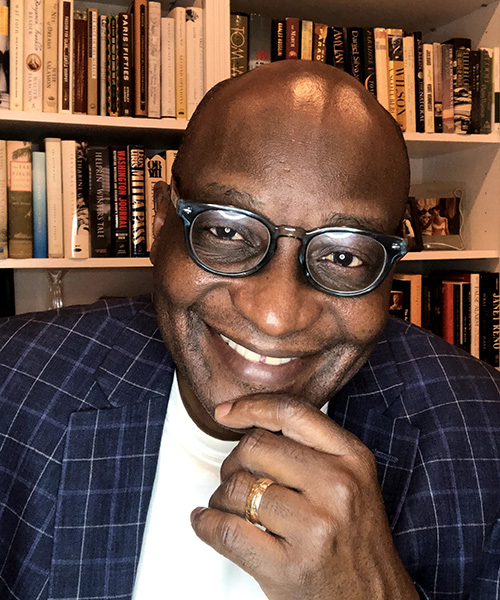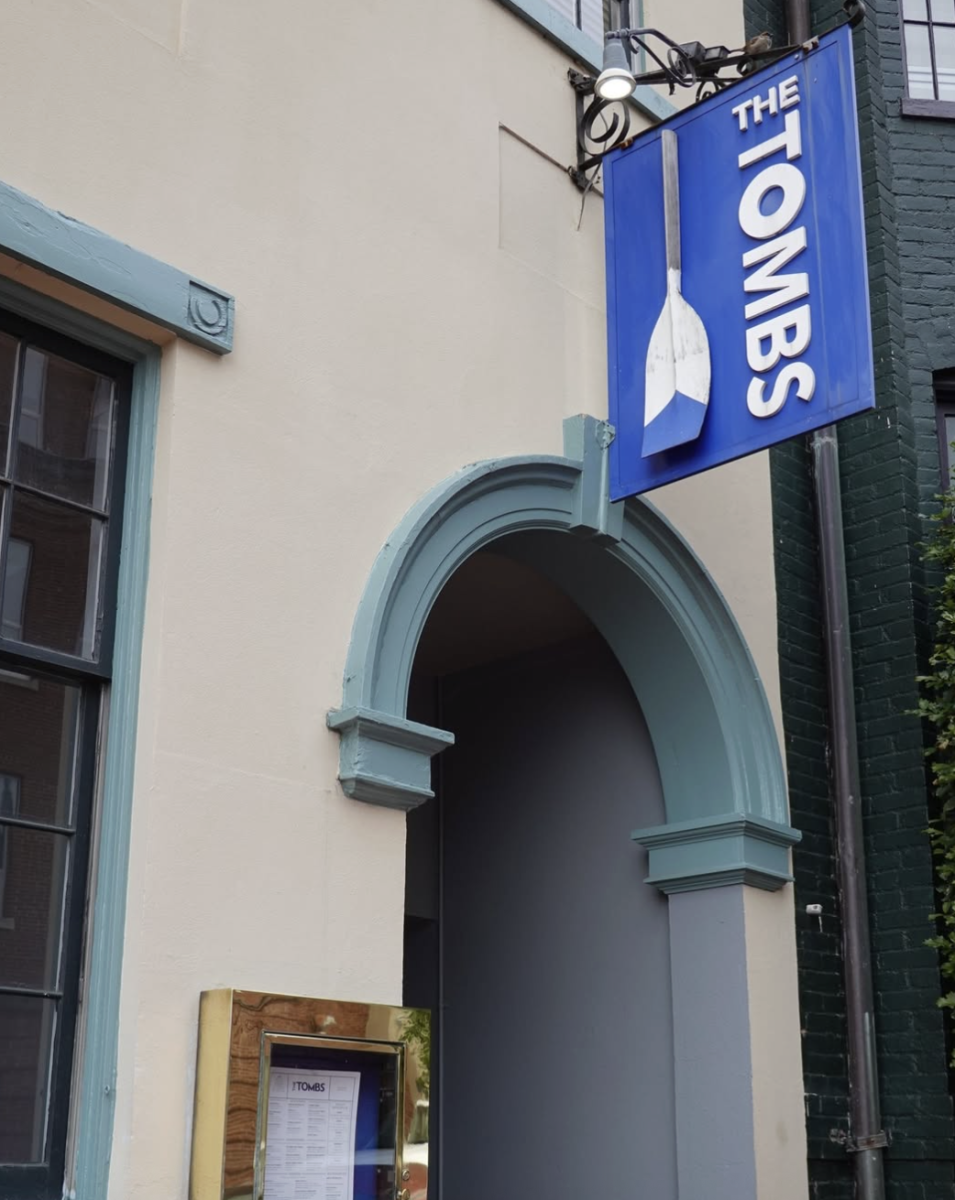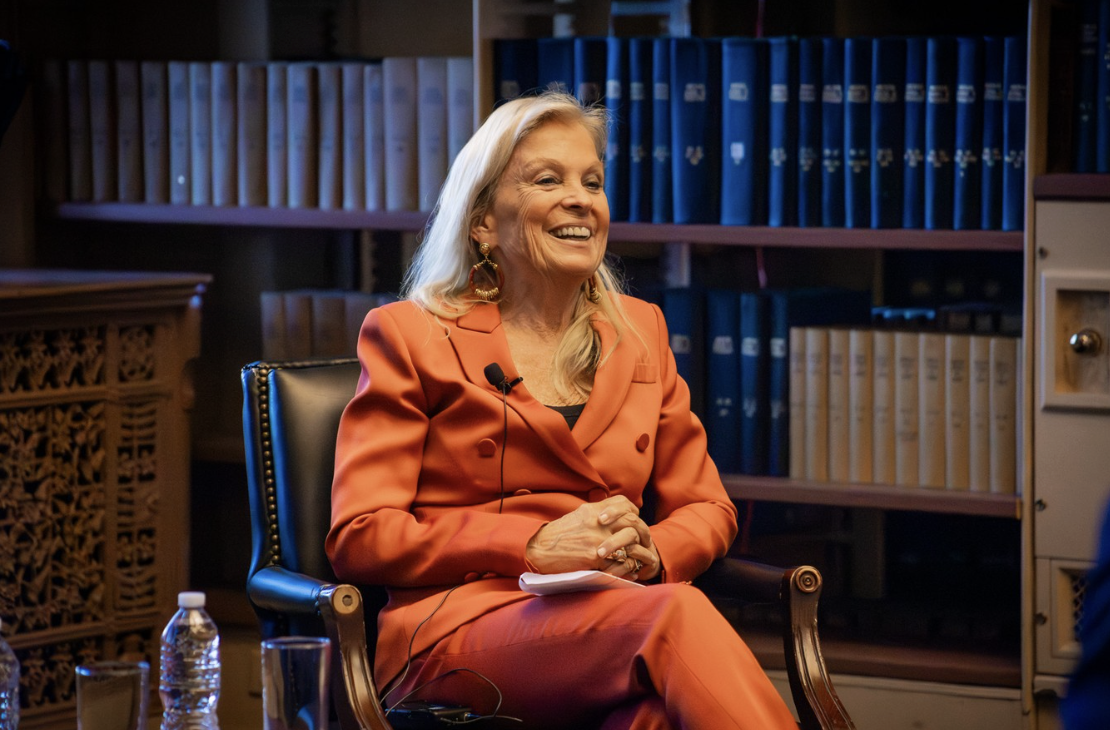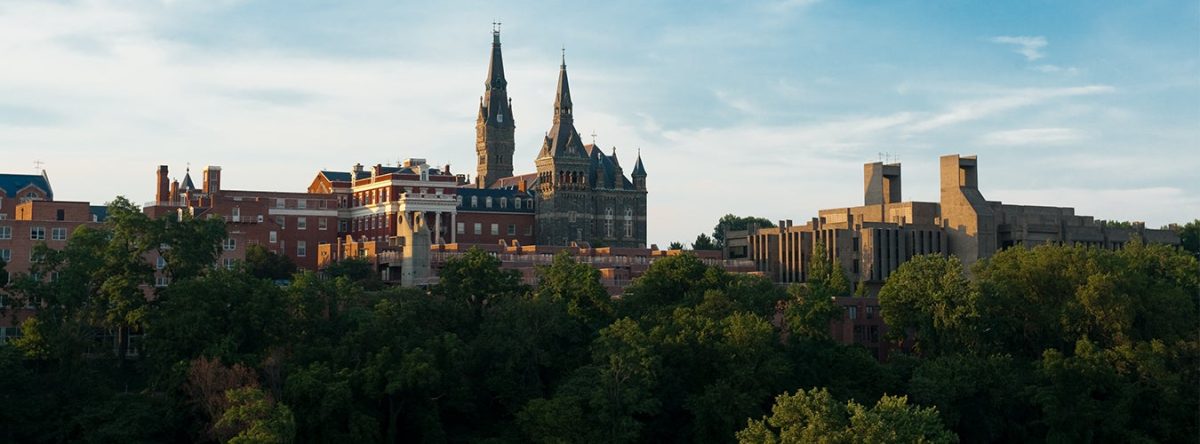Georgetown University’s campus in Qatar (GU-Q) celebrates its 20th anniversary this year, marking two decades since its establishment in partnership with Qatar Foundation, the country’s largest non-profit organization focused on education, research and community development.
The milestone comes as GU-Q continues to offer its bachelor of science in foreign service (BSFS) degree in Doha, offering majors in international politics, culture and politics, international economics and international history. Established in 2005, the campus has since grown into a diverse community in Doha, dedicated to upholding Georgetown’s mission and values.

GU-Q Dean Safwan Masri said the Doha campus offers unique opportunities to students seeking a global education.
“Twenty years ago, the idea of establishing Georgetown in Qatar was seen by some as ambitious — perhaps even audacious,” Masri told The Hoya. “Today, GU-Q has created a legacy of academic excellence that resonates far beyond Doha. Our students and faculty have been uniquely positioned to address challenges that others can only observe from afar, offering solutions grounded in both local context and global understanding, from diplomacy to international affairs and beyond.”
This year’s anniversary comes amid a period of significant growth for the Doha campus as GU-Q reached its highest-ever student enrollment, with 470 students on campus for the 2024-25 academic year. To support this growing community, the university made several key additions to its faculty to celebrate its 20th anniversary, welcoming seven new full-time professors and introducing its inaugural cohort of GU-Q doctoral fellows, a group of scholars who spend a year on the Doha campus while completing their doctoral studies at Georgetown’s main campus.
Salome Mamuladze (SFS-Q ’24, GRD ’26), a GU-Q graduate currently pursuing a master’s degree in Eurasian, Russian and East European studies at Georgetown’s main campus, said her experiences at the Doha campus were pivotal in shaping her perspective on global affairs.
“Looking back now, I realize how special it was to be part of a community with over 70 nationalities in a campus of just a few hundred,” Mamuladze told The Hoya. “The diversity on campus and the focus on regional issues meant I was constantly exposed to different viewpoints. It wasn’t just about what we learned in class, but also about the meaningful conversations and friendships with people from so many different backgrounds.
“Now that I’m in D.C., I can see how those experiences gave me a much deeper understanding of global issues,” Mamuladze added.
To mark the anniversary, GU-Q is continuing its Hiwaraat Conference Series, a flagship program exclusive to the Doha campus that aims to foster global dialogue. One of this year’s key events was the “Reimagining Palestine” conference, which was held in September. The event featured 69 panelists and drew over 1,400 attendees, including notable guests such as Sheikha Moza bint Nasser, the chairperson of Qatar Foundation, and Sheikha Hind bint Hamad Al-Thani, the CEO of Qatar Foundation.
Masri said the Hiwaraat Conference Series, named after the Arabic word for “dialogues,” is significant because it embodies Georgetown’s mission to cultivate intellectual engagement and cross-cultural understanding on complex global issues.
“The spirit of Hiwaraat proved, once again, to be distinctly Georgetown: no other place could serve as such a powerful incubator for these conversations, and no other community could foster the depth and dynamism that we witnessed,” Masri wrote in an email to the GU-Q student body after the conference.
GU-Q’s development has also included initiatives to connect the Doha and Washington, D.C. campuses, such as through the Bridging Capitals class. This four-credit course features a course at both campuses to explore the cultural, social, historical, theological and political landscapes of both cities through a travel exchange during spring break.
Komal Samrow (SFS ’25), a senior studying culture and politics at the main campus who spent a semester at GU-Q, said she found great significance in these cross-campus interactions.
“Studying in Doha was eye-opening,” Samrow told The Hoya. “The cultural immersion and the chance to see how Georgetown’s values and academic focus are adapted in a different region really pushed me to think more critically. Doha is such a beautiful city, and I made some amazing friends there. I would love to go again.”
Masri said that these engagements between the two campuses represent the university’s dedication to service.
“As we celebrate this milestone, our focus remains firmly on the future,” Masri said. “We are harnessing the momentum we have built to shape a world defined by Georgetown’s enduring commitment to service, justice and the common good.”



















